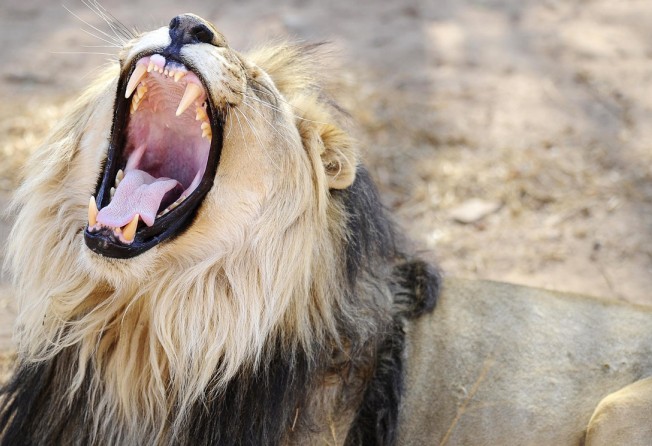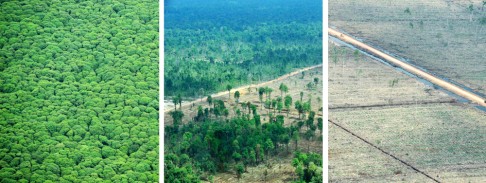
Half the world's wild animals have been wiped out since 1970

The number of wild animals on earth has halved in the past four decades, according to a new analysis.

"If half the animals died in London zoo next week it would be front page news," said Professor Ken Norris, the society's director of science. "But that is happening in the great outdoors. This damage is not inevitable but a consequence of how we live."
The steep decline in animal, fish and bird numbers was calculated by analysing 10,000 different populations, covering 3,000 species. This data was then used to create a representative Living Planet Index, reflecting the state of all 45,000 known vertebrates.
"We have all heard of the FTSE 100 index, but we have missed the ultimate indicator, the falling trend of species and ecosystems in the world," said Professor Jonathan Baillie, the society's director of conservation. "If we get [our response] right, we will have a safe and sustainable way of life."
If not, he added, the overuse of resources would ultimately lead to conflicts. He said the index was an "extremely robust indicator" and had been adopted by the UN's internationally agreed Convention on Biological Diversity as a key insight.

The report concludes that today's average global rate of consumption would need 1.5 planet earths to sustain it. But four planets would be required to sustain US levels of consumption.
The fastest decline among animal populations was found in freshwater ecosystems, where numbers have plummeted by 75 per cent since 1970.
"Rivers are the bottom of the system," said Dave Tickner, the WWF's chief freshwater adviser. "Whatever happens on the land, it all ends up in the rivers."
But while freshwater species such as the European eel and the hellbender salamander in the United States have crashed, recoveries have also been seen. Otters were nearly extinct in England but thanks to conservation efforts now live in every county.
The number of animals living on the land has fallen by 40 per cent since 1970. From forest elephants in central Africa to European snakes such as the asp viper, destruction of habitats has seen populations tumble.
Marine animal populations have also fallen by 40 per cent overall, with turtles suffering in particular. Hunting, the destruction of nesting grounds and drowning in fishing nets have seen numbers fall by 80 per cent.
The biggest declines in animal numbers have come in developing nations, while conservation efforts in rich countries have seen small improvements overall. But big declines in wildlife in rich nations already occurred long before the report's baseline year of 1970 - the last wolf in Britain was shot in 1680.